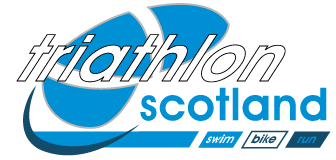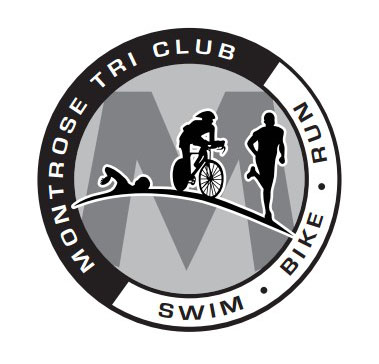Triathlon Nutrition; the 4th discipline
16 May 2014: With the 1st June fast approaching the Tri Angus team hopes everyone’s training is going well. Have you given any thought yet to your training and race day food and fluid intake? Rin Cobb, Clinical & Sports Performance Dietitian for PND Consulting, has put together some advice for everyone who has entered the Montrose Triathlon.
Rin Cobb, Clinical & Sports Performance Dietitian, PND Consulting – www.pndconsulting.co.uk
For many of you, this will be your first experience of triathlon and whilst you’ve been trying to co-ordinate all three aspects of training into some sort of manageable schedule, you may not have even thought about nutrition. Even for the seasoned triathletes, nutrition is not always considered as much as it should be or can become such a minefield with all the different messages out there.
Nutrition however, plays an essential role to enable you to train effectively, stay well and healthy and support you on race day to reach your potential; this is why it’s often described as the fourth discipline of triathlon.
The number one rule for any event is not to try anything new on race day and this includes your nutrition. Training however, presents a perfect opportunity to push yourself physically, try out different kit, practice transitions and find out what works for you with regards to eating and drinking on the go.
Training
As your training increases, your energy needs will increase but it’s not just about calories, it’s important to be thinking about the type of fuel your body needs for all three disciplines, primarily carbohydrate. If you don’t have enough in your daily diet to keep up with your training load you’ll find yourself getting tired easily, unable to push yourself harder or to finish and may find yourself prone to illnesses and injury. Carbohydrate however is often subject to a lot of bad press and is the proverbial ‘hot potato’ of nutrition debates so getting the right balance is key. Try choosing more wholegrain starchy carbohydrate like rice, pasta, cereals and bread in your daily diet whilst using faster acting carbohydrate such as isotonic sports drinks, bananas, jelly babies or gels during training sessions to get your gut used to these before race day.
Protein is needed to help your muscles adapt to all that hard work you’re putting in and essential for repair particularly if you’re training daily or even several times a day. Eating protein such as lean meat, fish, eggs, beans and lentils or tofu and soya products regularly throughout the day has been shown to have the best affect in addition to a recovery type drink straight after a longer training session. There are a multitude of recovery shakes on the market but a great, natural and inexpensive choice is good old fashioned milk and if you add chocolate powder or a banana that will help increase the carbohydrate content further to replenish your muscle stores too.
Race day
For the event itself, make sure you’ve had a good carbohydrate rich meal 2-4hrs before the start and be careful not to eat or drink too much in the hour before as your body won’t have time to digest and absorb it in time which can lead to tummy troubles during the race. Practice your routine during training so you can be confident what works for you as feelings of excitement or anxiety on race day can also lead to unexpected gut issues.
Think about how long, realistically, you will be racing for, as this will help you plan how much carbohydrate you should try and aim to take in. Whilst you don’t want to under fuel, over fuelling can also cause you problems; getting the balance right is key. Current advice is to aim for 30-60g carbohydrate per hour and you’ll get this from 500ml sports drink, 6-12 jelly sweets, a large banana, 5-10 dried apricots or 1-2 gels or a combination. Most will do the majority of their refueling on the bike section as eating is generally better tolerated and more practical but find out what works for you.
Hydration is another factor to consider as dehydration can also impact on your performance. For shorter training sessions water is sufficient however for longer sessions and the race an isotonic sports drink can also act as a fuel source. Most sports drinks also have additional electrolytes, which will help your body absorb the fluid better and will come in useful if the 1st June happens to be a scorcher.
Nutrition is highly individual and what works for one person may not be appropriate or work for another, so try things for yourself to find out what works for you.
So to sum up here are my top tips:
- Practice your nutrition strategy during training now so you’re prepared for race day
- A healthy balanced diet is the best place to start
- Ensure you’re having sufficient carbohydrate in your daily diet for fuel needs
- Optimize recovery with regular protein throughout day and a recovery drink post longer training sessions
- Gels and other sports supplements can be useful but not essential so try using food first for your fuelling needs
PND Consulting also offers personalised consultations tailored to your goals and needs. For further information check out www.pndconsulting.co.uk or @pndconsulting for more practical nutrition advice.












